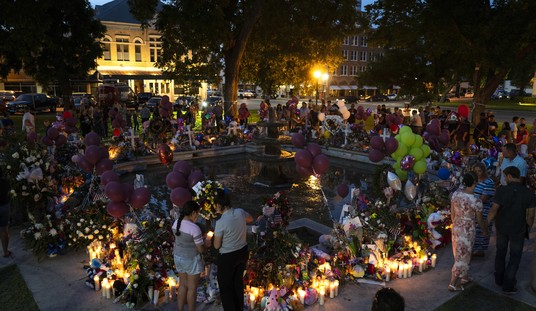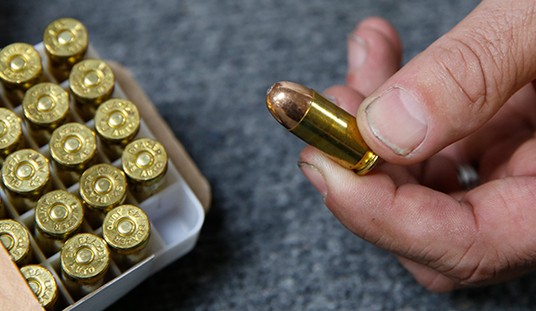This week’s Medal of Honor hero Humbert R. Versace, is the son of Marie Teresa Rios, the author of “The Fifteenth Pelican,” which was the inspiration for “The Flying Nun” TV show. Versace had already been executed by the Viet Cong when she dedicated the book: “FOR THE ROCK and the children and sugar people of NamCan.” Humbert’s middle name was Roque, so he was known as “Rocky.” Reading his citation, it is hard to imagine a better nickname. Versace’s other nickname was “the Candyman,” because of his devotion and protection to the Vietnamese orphans and orphanages. The West Point graduate was planning to return return to Vietnam as a Maryknoll priest after his military obligation was met.
Make the most of your day!
–RJL

Humbert Roque Versace
Rank and organization:Captain, U.S. Army, Intelligence Advisor, Special Operations Place: Republic of Vietnam Entered service at: Norfolk, Virginia Born: Honolulu, Hawaii
Citation: For conspicuous gallantry and intrepidity at the risk of his life above and beyond the call of duty while a prisoner of war during the period of 29 October 1963 to 26 September 1965 in the Republic of Vietnam. While accompanying a Civilian Irregular Defense Group patrol engaged in combat operations in Thoi Binh District, An Xuyen Province, Republic of Vietnam on 29 October 1963, Captain Versace and the CIDG assault force were caught in an ambush from intense mortar, automatic weapons, and small arms fire from elements of a reinforced enemy Main Force battalion. As the battle raged, Captain Versace fought valiantly and encouraged his CIDG patrol to return fire against overwhelming enemy forces. He provided covering fire from an exposed position to enable friendly forces to withdraw from the killing zone when it was apparent that their position would be overrun, and was severely wounded in the knee and back from automatic weapons fire and shrapnel. He stubbornly resisted capture with the last full measure of his strength and ammunition. Taken prisoner by the Viet Cong, he demonstrated exceptional leadership and resolute adherence to the tenets of the Code of Conduct from the time he entered into a prisoner of war status. Captain Versace assumed command of his fellow American prisoners, and despite being kept locked in irons in an isolation box, raised their morale by singing messages to popular songs of the day, and leaving inspiring messages at the latrine. Within three weeks of captivity, and despite the severity of his untreated wounds, he attempted the first of four escape attempts by dragging himself on his hands and knees out of the camp through dense swamp and forbidding vegetation to freedom. Crawling at a very slow pace due to his weakened condition, the guards quickly discovered him outside the camp and recaptured him. Captain Versace scorned the enemy’s exhaustive interrogation and indoctrination efforts, and inspired his fellow prisoners to resist to the best of their ability. When he used his Vietnamese language skills to protest improper treatment of the American prisoners by the guards, he was put into leg irons and gagged to keep his protestations out of earshot of the other American prisoners in the camp. The last time that any of his fellow prisoners heard from him, Captain Versace was singing God Bless America at the top of his voice from his isolation box. Unable to break his indomitable will, his faith in God, and his trust in the United States of America and his fellow prisoners, Captain Versace was executed by the Viet Cong on 26 September 1965. Captain Versaces extraordinary heroism, self-sacrifice, and personal bravery involving conspicuous risk of life above and beyond the call of duty were in keeping with the highest traditions of the United States Army, and reflect great credit to himself and the U.S. Armed Forces.








Join the conversation as a VIP Member